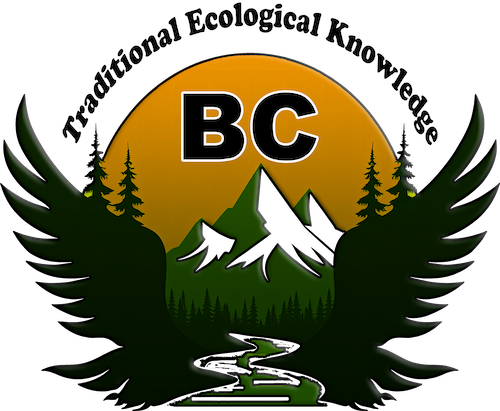Indigenous ecological restoration practices in BC encompass a wide range of activities aimed at revitalizing degraded habitats, enhancing biodiversity, and promoting ecosystem resilience. Indigenous communities have developed traditional ecological knowledge (TEK) based on centuries of experience living in and interacting with their local environments. These practices include habitat restoration, invasive species management, and cultural burning, which are guided by Indigenous values, traditional land stewardship ethics, and holistic approaches to ecosystem management.
Also, Indigenous ecological restoration practices contribute to climate change mitigation by sequestering carbon, enhancing soil fertility, and restoring natural ecosystem functions. By restoring wetlands, forests, and other degraded habitats, First Nations communities increase the capacity of ecosystems to capture and store carbon, reducing greenhouse gas emissions and mitigating the impacts of climate change. Additionally, by promoting biodiversity and ecosystem health, Indigenous restoration efforts support adaptation to changing environmental conditions and enhance resilience against climate-related threats such as wildfires, floods, and droughts.
However, Indigenous ecological restoration practices may face challenges such as inadequate funding, regulatory barriers, and lack of recognition and support from government agencies and non-Indigenous stakeholders. Limited access to resources, technical expertise, and institutional support can hinder the implementation of community-led restoration projects and undermine Indigenous sovereignty and self-determination. Addressing these challenges requires collaborative approaches that empower Indigenous communities, respect traditional knowledge systems, and promote equitable partnerships between Indigenous and non-Indigenous stakeholders.
To summarize, Indigenous ecological restoration practices in BC offer valuable strategies for revitalizing degraded habitats, mitigating climate change, and promoting environmental resilience. By integrating traditional ecological knowledge with modern science and management approaches, communities can restore ecosystems, conserve biodiversity, and sustainably manage natural resources for future generations.

